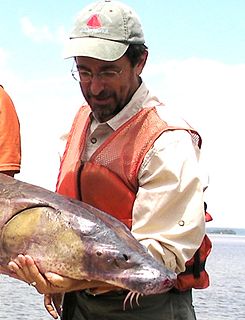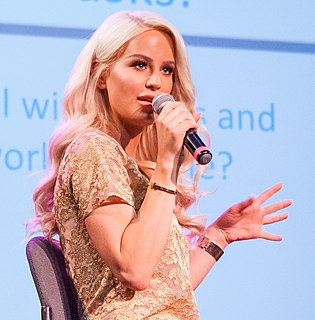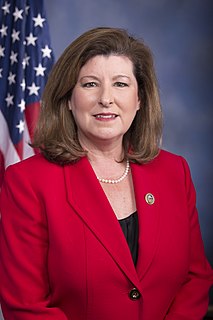A Quote by Michael Shellenberger
Facts still matter, and social media is allowing for a wider range of new and independent voices to outcompete alarmist environmental journalism at legacy publications.
Related Quotes
Technology has already opened the door a bit wider for filmmakers, with smaller digital cameras making production less cumbersome. Social media is allowing self-distribution, and girl groups like Spark Summit are leading the way in calling for fewer Photoshop image alterations of girls in print media.
I've talked about how the future of journalism will be a hybrid future where traditional media players embrace the ways of new media (including transparency, interactivity, and immediacy) and new media companies adopt the best practices of old media (including fairness, accuracy, and high-impact investigative journalism).
I think we have to continue to protect women on social media, who are coming out in a world that can still be very harsh towards them, so that they do not feel that they are alone. And of course, some of these attacks happen on social media, so we do need to provide a counter narrative - a supportive narrative - so that the voices of those that are punitive towards women does not become the dominant voice.
I think there's great value to the Associated Press and to Reuters, but if you wanted to generate original content, maybe written by local writers, it just takes a little bit of openness to open your pages up to a wider freelance writer pool, and then you might find new voices and a wider array of voices, and definitely more original content that can't be found anywhere else.
Brands' use of social media is not a matter of yes or no. It is simply a matter of how and when. The next generation of consumers will expect their brands to always be available, providing interactive experiences and bringing value to our lives by taking advantage of social media tools in their marketing communications


































